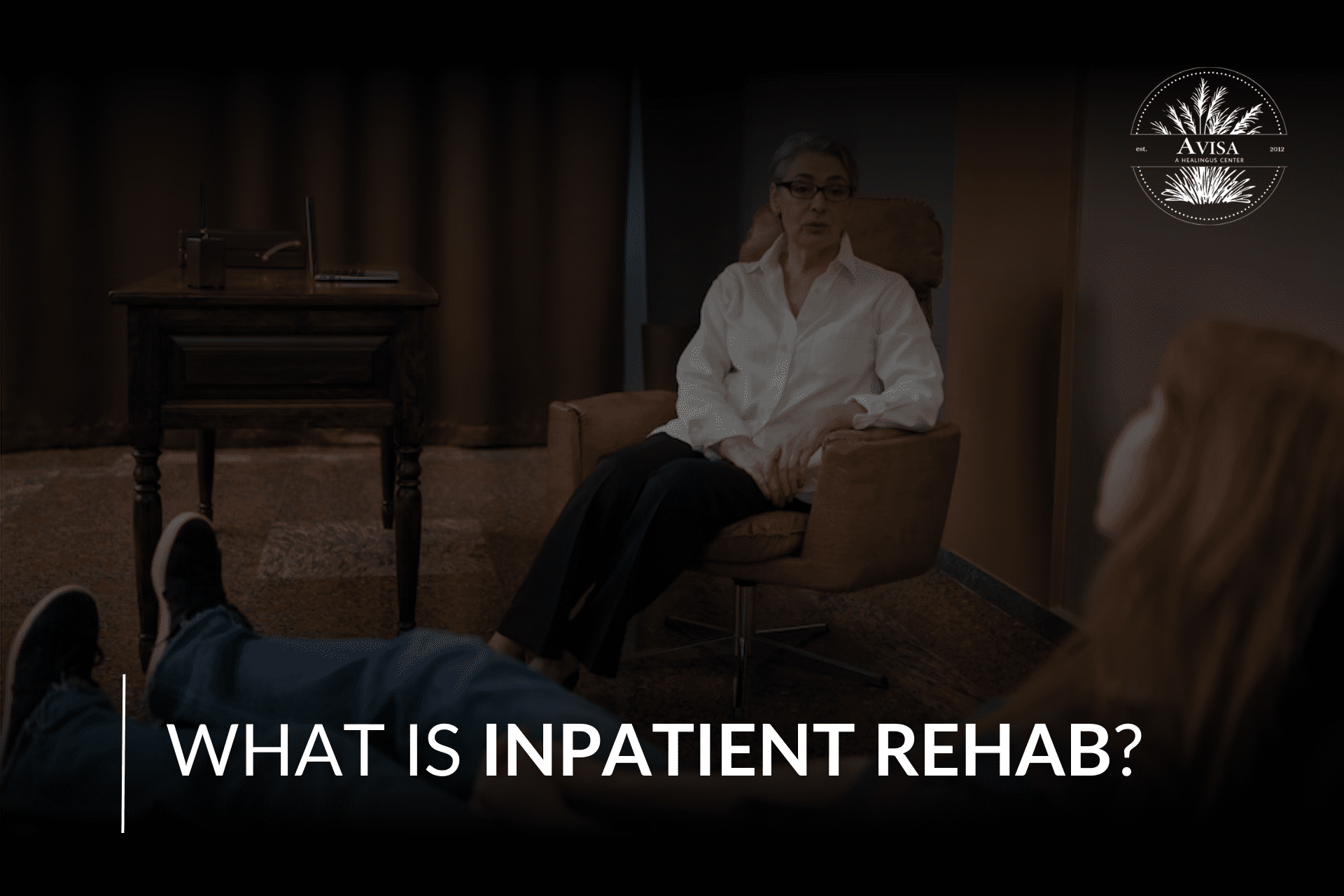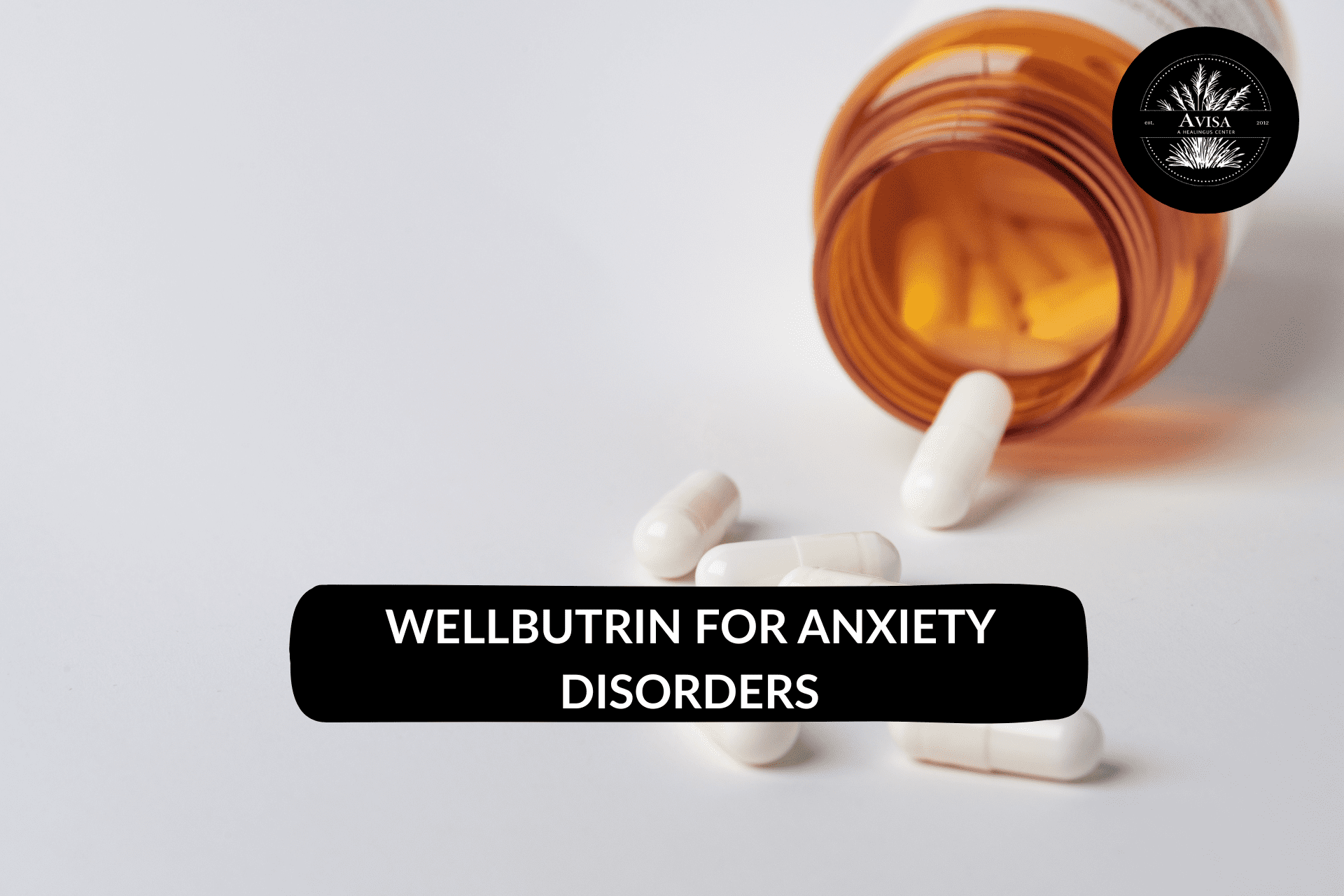When it comes to getting help for addiction or mental health challenges, what is inpatient rehab might be one of the first questions that come to mind. Inpatient rehab is a type of treatment where individuals stay at a facility for a period of time to receive around-the-clock care. This structured environment is designed to help people focus entirely on their recovery without the distraction and temptation of the outside world.
What is inpatient rehab not only offers intensive support but also provides a safe space for healing. People in inpatient rehab have access to medical professionals, counselors, and therapists who guide them through their recovery journey. Whether you are struggling with substance abuse, alcoholism, or a mental health disorder, inpatient rehab can be a vital step toward a healthier life.
Inpatient rehab is often recommended for those who have tried other forms of treatment without success. This type of rehab provides an environment that minimize triggers and temptations, giving individuals the best chance to recover. The comprehensive care offered in inpatient rehab addresses not only the addiction but also the underlying issues that may have contributed to it. By understanding what is inpatient rehab, you can see how it plays crucial role in the recovery process for many people.
Don’t let another day slip by!
The Basics of Inpatient Rehab
Understanding what is inpatient rehab begins with knowing the basics. Inpatient rehab is a residential treatment program where individuals live at the facility for a set period. During this time, they receive various therapies and support aimed at helping them recover from addiction or mental health issues. The length of stay can vary depending on individual needs, but it typically ranges from 30 to 90 days.
Inpatient rehab is different from outpatient treatment, where people receive care but continue living at home. The primary benefit of what is inpatient rehab lies in its structured and immersive environment, which fosters better focus and commitment to recovery.
Key features of inpatient rehab:
- 24/7 care: Constant supervision and support from medical and therapeutic staff.
- Structured schedule: Daily routines that include therapy sessions, activities, and meals.
- Safe environment: A secure place away from triggers and negative influences.
- Comprehensive care: Addressing both physical and mental aspects of addiction and recovery.
- Detoxification: Medical support for safety managing withdrawal symptoms.
The structured nature of what is inpatient rehab makes it an effective choice for those who need intensive care. The routine, support, and community found in inpatient rehabilitation can make a significant difference in the recovery process. Patients are not only treated for their addiction but are also educated on how to maintain their sobriety and manage potential triggers once they leave the facility.
Moreover, inpatient rehab facilities often provide additional services, such as family therapy, which can be vital for rebuilding relationships that may have been damaged by addiction. These programs help loved ones understand what is inpatient rehab, and how they can support the recovery process. By involving family members, inpatient rehab creates a support system that extends beyond the treatment period.
The Benefits of Inpatient Rehab
So, we have covered what is inpatient rehab, let’s explore the benefits it offers. Inpatient rehab provides a controlled environment that helps individuals focus solely on their recovery. This type of treatment is particularly beneficial for those with severe addictions or mental health disorders.
Benefits of inpatient rehab include
- Full-time support: Access to professional help whenever it’s needed.
- Focus on recovery: An environment free from outside stressors.
- Peer support: Sharing experiences and encouraging thoughts with others in the same situation.
- Intensive therapy: Multiple therapy sessions per day, including individual, group, and family therapy.
- Holistic approach: Incorporating activities like medications, exercise, and nutrition for overall well-being.
The benefits of what is inpatient rehab are significant, providing a solid foundation for long-term recovery. The constant support and structured environment can help individuals build the skills amd resilience needed to maintain sobriety or manage their mental health. In addition to therapy, many inpatient rehab programs offer educational workshops that teach coping strategies and life skills, which are essential for maintaining a healthy lifestyle after rehab.
Another advantage of inpatient rehab is the sense of community it fosters. Being surrounded by others who are going through similar struggles can be incredibly motivating. Knowing that you are not alone helps, and sharing your experiences with others can provide a sense of belonging and understanding that is crucial for recovery.
Who can Benefit from Inpatient Rehab?
Inpatient rehab is ideal for those who need higher level of care due to the severity of their condition. This includes individuals who have:
- Severe addiction: Struggling with long-term substance abuse
- Co-occurring disorder: Dealing with both addiction and mental health issues.
- Failed previous treatments: Other methods haven’t worked in the past.
- Dangerous withdrawal symptoms: requiring medical supervision during detox.
- Lack of supportive environment: No safe or sober place to recover at home.
Understanding what is inpatient rehab also means recognizing who can benefit the most from this type of treatment. Those with severe or complex conditions often find that inpatient rehab provides the intensive care they need to begin their recovery journey. Inpatient rehab is also beneficial for individuals who have experienced multiple relapses, as the structured environment can help them break the cycle of addiction.
Families of those struggling with addiction often find peace of mind knowing their loved one is in a safe and supportive environment. Inpatient rehab can also serve as a much-needed break for family members who have been trying to help their loved ones on their own. By placing the individual in a professional setting, the family can take a step back, knowing that their loved one is receiving the care they need.
How does Inpatient Rehab Work?
To further understand what is inpatient rehab let’s look at how it works. Inpatient rehab begins with an assessment to determine the individual’s specific needs. This assessment helps create a personalized treatment plan that may include detox, therapy, and other supportive services.
Steps in inpatient rehab:
- Assessment: Evaluating the individual’s condition and needs.
- Detoxification: Safely managing withdrawal symptoms if needed.
- Therapy: Engaging in various forms of therapy to address the root causes of addiction or mental health issues.
- Aftercare planning: Developing a plan for continued support after leaving rehab.
The process of what is inpatient rehab is designed to address all aspects of a person’s recovery, from the initial withdrawal symptoms to long-term aftercare. Aftercare is a critical component of inpatient rehab, as it ensures that individuals have the support they need to continue their recovery journey once they return to their everyday lives. This might include outpatient therapy, support groups, or sober living arrangements.
Inpatient rehab also emphasizes the importance of building healthy habits and routines. During their stay, individuals are encouraged to develop new hobbies, engage in physical activity, and learn about nutrition. These activities not only support physical health but also provide positive outlets that can replace old, harmful behaviors.
The Difference Between Inpatient and Outpatient Rehab
Another aspect of understanding what is inpatient rehab is knowing how it differs from outpatient rehab. While both types of treatment aim to help individuals recover, they do so in different ways.
Inpatient vs. Outpatient Rehab:
- Inpatient Rehab: Residential treatment with 24/7 care.
- Outpatient Rehab: Treatment where individuals live at home and attend therapy sessions.
- Duration: It usually lasts 30-90 days, while outpatient programs can be longer.
- Intensity: Inpatient rehab offers more intensive and structured care.
- Environment: Inpatient rehab provides a controlled, sober environment.
The main takeaway from understanding what is inpatient rehab is that it offers a more immersive and supportive environment, which can be crucial for those with severe or complex conditions. Outpatient rehab, on the other hand, may be suitable for those with milder conditions or strong support systems at home. Deciding between inpatient and outpatient rehab depends on the individual’s needs, the severity of their condition, and their personal circumstances.
For some, outpatient rehab can serve as a step-down program after completing inpatient treatment. This allows individuals to gradually transition back to their normal lives while still receiving support. However, those who need more structure and supervision may find that starting with inpatient rehab is the best approach.
Tired of fighting addiction and mental health struggles?
Ignoring both deepens the struggle. Our holistic approach—detox, therapy, and medication-assisted treatment—can help you heal. Take the first step today.
Conclusion:
In summary, what is inpatient rehab? It’s a comprehensive residential treatment program designed to help individuals recover from addiction or mental health disorders. The 24/7 support, structured environment, and intensive therapy make it a highly effective option for those who need more than just outpatient care.
If you or someone you know is struggling, inpatient rehab might be the solution you need to start on the path to recovery. With its numerous benefits and tailored care, inpatient rehab provides a strong foundation for lasting change.
At Avisa, we understand that seeking help can be daunting, but you don’t have to do it alone. Our compassionate team is here to support you every step of the way. Whether you’re ready to take the first step or just need someone to talk to, Avisa is here for you. Reach out to us today, and let’s begin your journey to recovery together. Your healthier, happier future starts with a single step.
Let Avisa help you take it.











